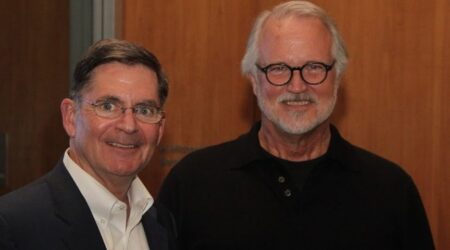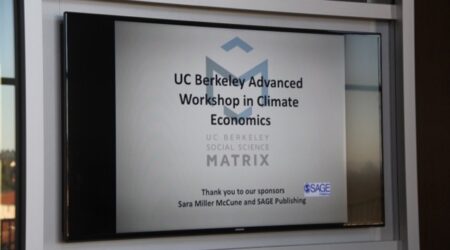Scholars working around the world often come under threat of persecution or harassment, whether from oppressive governments or other sources. They may also be displaced by forces beyond their control, such as war or natural disasters. This panel discussion will focus on how universities and other institutions can support scholars who are persecuted or harassed because of their ideas and actions, or who are forced to leave their homes for other reasons.
In this presentation, recorded on February 27, 2018, panelists discuss the various types of threats facing scholars around the world, as well as as solutions that have been developed by governments, academic institutions, and non-governmental organizations, including Scholars at Risk, which works to protect threatened scholars and promote academic freedom around the world.
About the Panelists
Karen Barkey is the Haas Distinguished Chair of Religious Diversity and Professor of Sociology at the University of California, Berkeley. She is the author of Empire of Difference and Choreography of Sacred Spaces: State, Religion and Conflict Resolution (with Elazar Barkan).
Mehmet Sinan Birdal is the Visiting Assistant Professor, International Relations and Middle East Studies at the USC Dornsife College of Letters, Arts and Sciences. He is the author of The Holy Roman Empire and the Ottomans: From Global Imperial Power to Absolutist States.
Liora Israël is an Associate Professor in Sociology in the School of Advanced Studies in the Social Sciences (EHESS) in Paris and author of L’arme du Droit. With the support of a Fulbright grant, she is currently a visiting scholar with the UC Berkeley Center for the Study of Law and Society.
Thomas W. Laqueur is the Helen Fawcett Professor of History at the University of California, Berkeley. His books include Making Sex: Body and Gender from the Greeks to Freud, Solitary Sex: A Cultural History of Masturbation, and Religion and Respectability: Sunday Schools and Working Class Culture, 1780–1850.
Kim Lane Scheppele is the Laurance S. Rockefeller Professor of Sociology and International Affairs in the Woodrow Wilson School and the University Center for Human Values at Princeton University. She is the author of Legal Secrets: Equality and Efficiency in the Common Law.
About the Solidarity Series
The SOLIDARITY talks and panels, sponsored or co-sponsored by the Social Science Matrix, explore—and critique—the ethical foundations, concrete implementations, and prospective designs that have fostered or may foster connectedness, inclusiveness, equality, and tolerance. These conversations, we hope, will be both an argument on behalf of the premises and practices of solidarity, and an exposition of the potential of the social sciences to contribute to it. For more information, visit matrix.berkeley.edu/solidarityseries.


